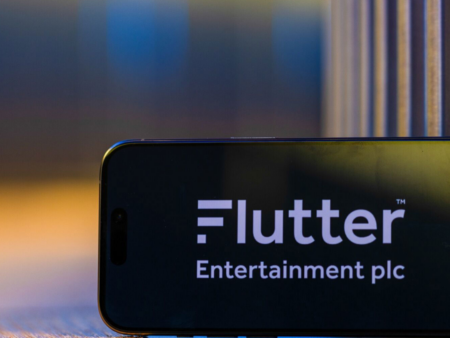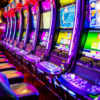The rejection by Hong Kong’s Financial Secretary, Paul Chan Mo-po, of the proposal to legalize basketball betting has sparked widespread debate and controversy within the region. This decision has triggered discussions among various political factions advocating for or against the legalization as a means to address illegal gambling activities and boost government revenues.
Financial Secretary Chan’s Concerns and Reservations
Citing concerns about the potential negative impacts, particularly on the younger demographic, Chan expressed strong reservations regarding the expansion of gambling activities solely for revenue enhancement. He cautioned against normalizing gambling behaviors and emphasized the importance of not sending misleading messages about the government’s financial stability.
Hong Kong Jockey Club’s Advocacy for Legalization
In contrast to Chan’s stance, the Hong Kong Jockey Club has been a vocal proponent of legalizing basketball betting, citing the urgency to combat illegal bookmakers. The club argues for regulated alternatives to curb underground gambling and stresses the necessity of offering legal betting options to consumers.
Support from Political Parties
The Democratic Alliance for the Betterment and Progress of Hong Kong (DAB), a significant political entity in the region, supports the legalization of basketball betting. Party member Frankie Ngan Man-yu highlights the need for regulated options to cater to individuals inclined towards illegal gambling due to limited legal alternatives.
Balancing Economic Benefits and Societal Implications
The debate extends beyond financial gains, delving into broader societal considerations. While proponents advocate for regulatory changes to address illicit gambling and boost revenues, opponents like Chan emphasize the importance of weighing social and ethical implications. The decision-making process must prioritize the well-being of Hong Kong’s populace, particularly its youth.
Navigating Complexity in Gambling Regulation
Chan’s rejection underscores the complexity of gambling regulation and public welfare considerations. While proponents seek regulatory reforms, his reservations call for a cautious approach to policymaking. Stakeholders must conduct thorough assessments of economic incentives and societal impacts to make informed decisions aligned with the interests of Hong Kong residents.
FAQs Guide: Proposal to Legalize Basketball Betting in Hong Kong
1.Why did Hong Kong’s Financial Secretary reject the proposal to legalize basketball betting?
Explore the reasons behind Paul Chan Mo-po’s decision to reject the legalization of basketball betting and his concerns regarding its potential impacts.
2.What are the arguments in favor of legalizing basketball betting put forth by proponents like the Hong Kong Jockey Club?
Discuss the perspectives of proponents, such as the Hong Kong Jockey Club, advocating for the legalization of basketball betting to combat illegal gambling activities.
3.What reservations does Paul Chan Mo-po have regarding the expansion of gambling activities for revenue enhancement?
Detail the concerns expressed by Paul Chan Mo-po regarding the normalization of gambling behaviors and the potential negative effects, especially on the younger demographic.
4.How does the debate over the legalization of basketball betting reflect broader societal considerations beyond fiscal gains?
Explore the societal and ethical implications of expanding gambling activities, including concerns about protecting vulnerable demographics and maintaining social values.
5.What strategies do proponents propose to address illegal gambling activities if basketball betting were legalized?
Examine the proposed strategies by proponents, such as the Democratic Alliance for the Betterment and Progress of Hong Kong (DAB), to regulate and control basketball betting to curb illegal gambling.
6. What role does the Hong Kong Jockey Club play in advocating for the legalization of basketball betting, and what are its arguments?
Discuss the advocacy efforts of the Hong Kong Jockey Club and its arguments for legalizing basketball betting to provide regulated alternatives and protect consumers.
7.How does the rejection of the proposal to legalize basketball betting by Paul Chan Mo-po impact the future of gambling regulation in Hong Kong?
Analyze the potential implications of Paul Chan Mo-po’s decision on the future direction of gambling regulation and policymaking in Hong Kong.
8. What considerations should policymakers prioritize when deliberating on the legalization of basketball betting in Hong Kong?
Provide insights into the factors policymakers should consider, including economic benefits, societal impacts, and the well-being of Hong Kong residents, particularly the youth, in their decision-making process.


















